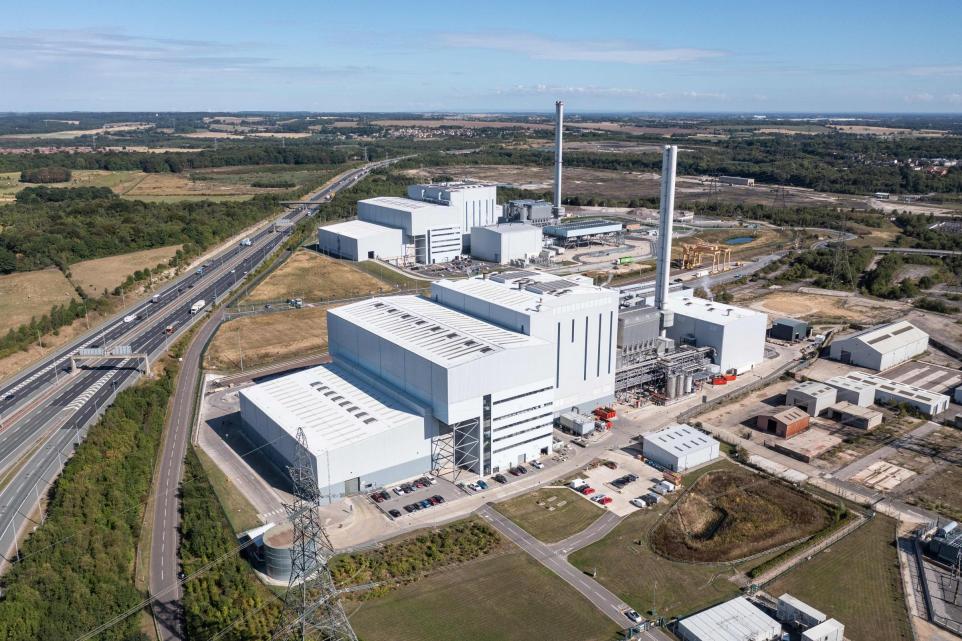
A seemingly first-of-a-kind project will support the decarbonisation of the UK’s largest waste-to-energy facility, while also contributing 3% of the UK Government’s 2035 target for negative emissions.
A Memorandum of Understanding (MoU) has been signed between waste-to-energy operator enfinium and Navigator Terminals, a leading bulk liquid storage provider. Announced on 27 March, the agreement will aim to develop options to transport carbon dioxide captured at enfinium’s Ferrybridge waste facilities in West Yorkshire to Navigator’s storage facilities in Teesside using rail freight. The CO2 would then be transported safely offshore from Navigator’s facilities for permanent storage. Engineering and construction firm Bechtel will support the feasibility work underpinning the concept.
The announcement follows the decision by the Chancellor in the Spring Statement on 15 March to support the scale-up of UK carbon capture and storage with up to £20 billion of investment.
By permanently storing the biogenic emissions captured from its waste stream, the Ferrybridge site would also generate around 700,000 tonnes of ‘negative emissions’ or ‘carbon removals’ every year – making a significant contribution towards the UK Government’s target to produce 23 million tonnes of negative emissions per year by 2035 to remain on track to achieve a ‘Net Zero’ economy by 2050.
With enfinium’s Ferrybridge site as an anchor project, the project could unlock access to Navigator’s storage facilities to additional dispersed industrial emitters throughout the North of England.
Mike Maudsley, CEO of enfinium, said: “Our facility at Ferrybridge is the single largest energy from waste site in the UK and transforms non-recyclable waste into homegrown energy to power nearly 400,000 British homes. By installing carbon capture technology at Ferrybridge we could go one step further and remove more carbon dioxide from the atmosphere than we release. In doing so we could generate carbon negative electricity, support Yorkshire’s climate change targets and deliver high-quality jobs in an exciting new green industry”
Jason Hornsby, CEO of Navigator Terminals, added: “The UK is a world leader in decarbonisation solutions, but it is clear that there is a need to develop alternative transportation and storage solutions for CO2 if we are to meet the country’s net zero ambitions. We have worked with enfinium to explore the opportunities for them to realise their decarbonisation plans by harnessing the rail network in the North East and connecting with our Terminal on Teesside before permanent sequestration of the carbon. This is an exciting UK first project, and we hope it can prove the concept of carbon transportation by rail opening up huge potential for further decarbonisaiton of British industry.”







